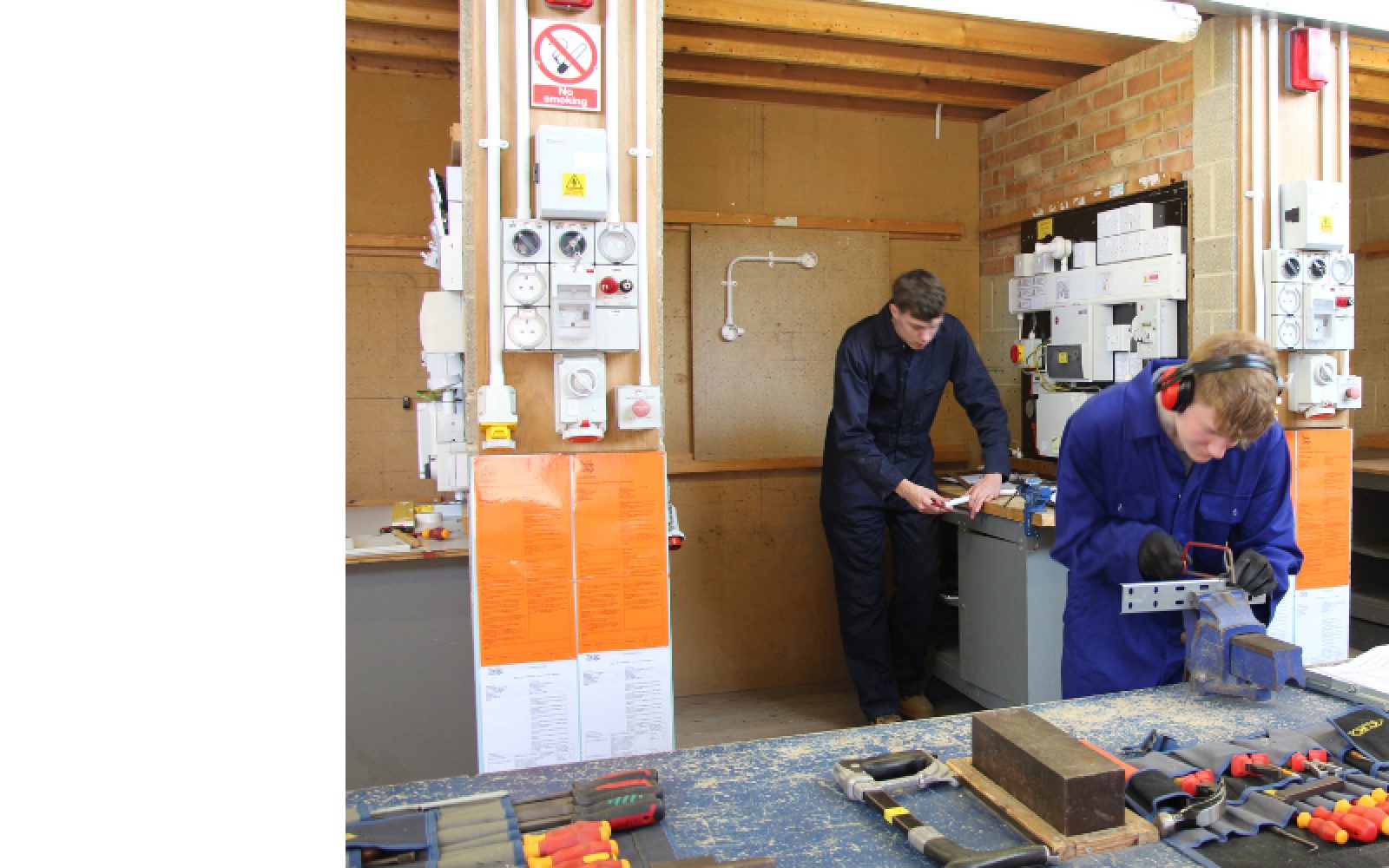Electricians are skilled technical professionals; they are responsible for enabling the use of electricity within everything from houses and commercial buildings.
Electricians are a vital part of the skilled trades industry. Without electricians, homes wouldn’t have heat and light, hospitals wouldn’t have the use of vital, lifesaving equipment.
They install and maintain the wiring, protection, and the other mechanisms that electricity flows through. Many electricians also set up and maintain electrical equipment in factories. Electricians connect all cable types to circuit breakers, outlets, transformers, and other components.
And this is just a small sample of what electricity—and therefore electricians—make possible.
If these facts have inspired you to learn how to become an electrician then why not apply for a course at the Isle of Wight College.



